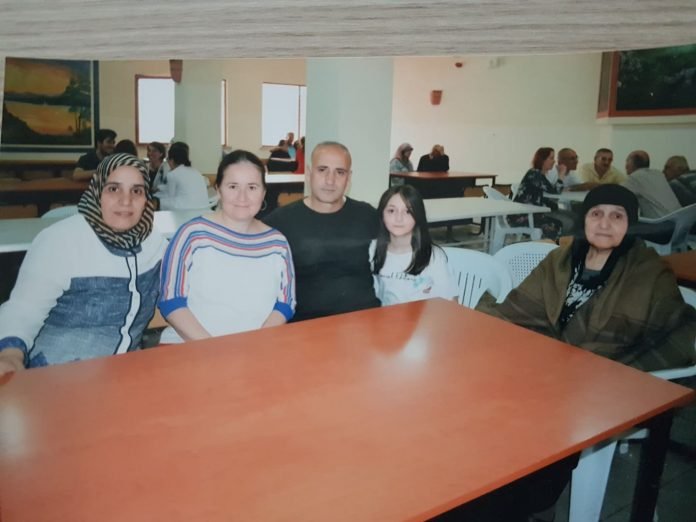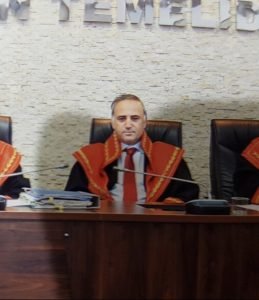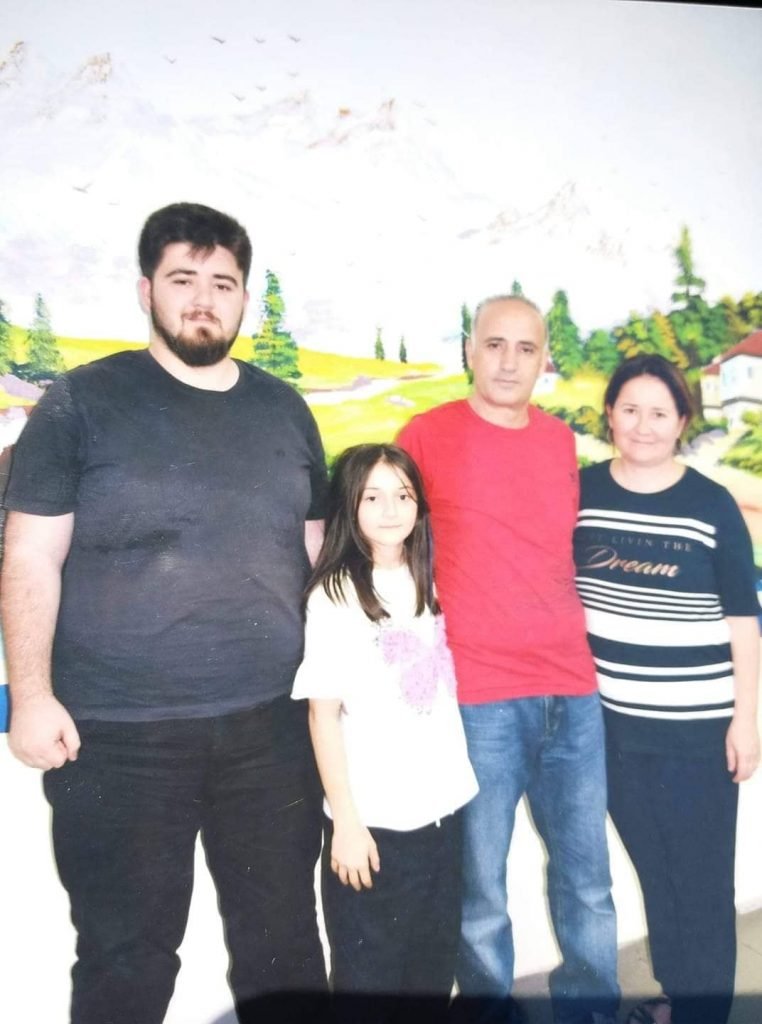Former member of Turkey’s Supreme Court of Appeals Süleyman Pehlivan, who was sentenced to thirteen-and-a-half years on terrorism charges, has been confined to a one-person cell for almost three years at Ankara’s Sincan Prison. He claims there was no evidence of any terrorist activity in his indictment, so much so that lending money to a colleague was cited as evidence against him.
Pehlivan is one of Turkey’s judicial members who were arrested in the wake of a controversial coup attempt on July 15, 2016. Articles governing the Board of Judges and Prosecutors (HSK) only permit the arrest of a judge or a prosecutor if caught in the act of committing a crime. There were no concrete accusations against him when he was arrested on August 5, 2016, with thousands of his colleagues suffering the same fate.
Despite Pehlivan having surrendered himself to the police when he learned that a detention warrant had been issued for him, he was handcuffed and first taken home for a visit, no doubt intended to humiliate him in the eyes of his neighbors.
Contrary to what Pehlivan was accused of, he was not questioned about the coup attempt nor membership in a terrorist organization at either the police station or the prosecutor’s office. However, he was arrested for being a member of the faith-based Gülen movement, which the government holds responsible for the abortive putsch.
Pehlivan, a supreme appeals court member, could not tolerate his treatment. He refused to walk in the prison yard to protest his confinement to a one-person cell. He isolated himself from the world. The prison administration decided to pull a mesh wire over the yard when he started to exercise there.
According to the indictment that was drafted months after his arrest, he was accused of attending the sermons of the Gülen movement, taking instructions from the movement, transferring 2,000 Turkish lira (around $340) to a colleague, paying his child’s tuition via another colleague’s online banking account, canvassing against pro-government candidates in elections for HSK in 2014 and using the ByLock smart phone application, once widely available online and considered a secret tool of communication among supporters of the movement since the coup attempt despite the lack of any evidence that ByLock messages were related to the failed coup.
Pehlivan, who appeared before a panel of judges for the first time on January 14, 2018, denied being instructed by the movement. He said all judicial cases in which he was involved were in accordance with the law and added that he only launched investigations when presented with concrete evidence.
Pehlivan also said witnesses who testified against him were people who had benefited from the effective repentance law and that as a result their testimonies should not be taken as credible. He also drew attention to the fact that all testimonies were dated after his arrest, saying that his arrest was illegal since the condition of being caught in the commission of a crime had not occurred. Pehlivan brought to mind the universal principle of law, “Nullum crimen, nulla poena sine praevia lege poenali,” which means no crime can be committed and no punishment can be imposed without having been prescribed by a previous law.
Pehlivan claimed that like thousands of his colleagues, he was profiled and blacklisted for the sole reason that he did not support pro-government candidates in the election for membership of the HSK and added that July 15, the date of the coup attempt, was merely a pretext for dismissing members of the judiciary who were critical of the government.
Another accusation against Pehlivan was that he had lent 2,000 lira to supreme court member M. Murat Yönder. This transaction was cited in the indictment as evidence of terrorist links. Pehlivan said: “Yönder asked to borrow 2,000 lira, and I transferred it to his account. Two months later I was repaid. All this is on record.”
Married with two children, one of whom struggles with diabetes, Pehlivan has been in a cell by himself for three years, and he will continue to stay there for the next 10 years.












